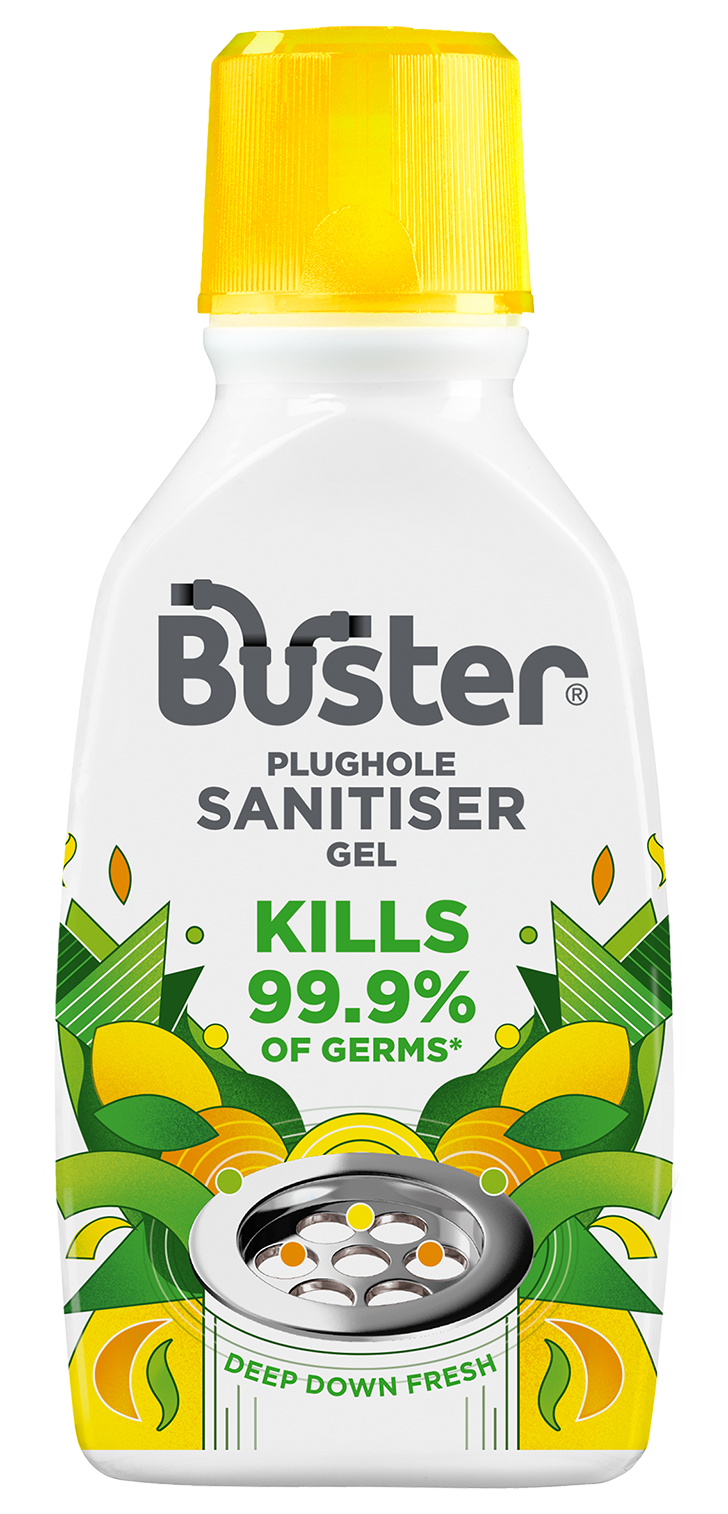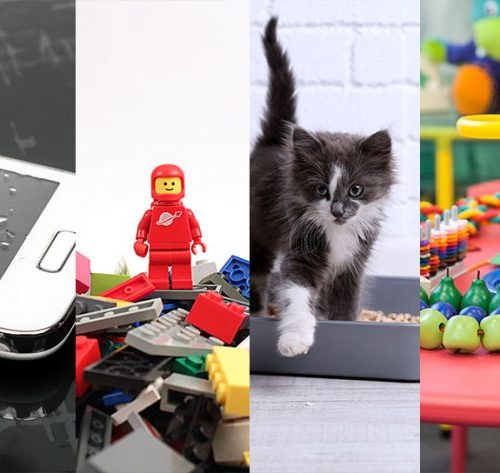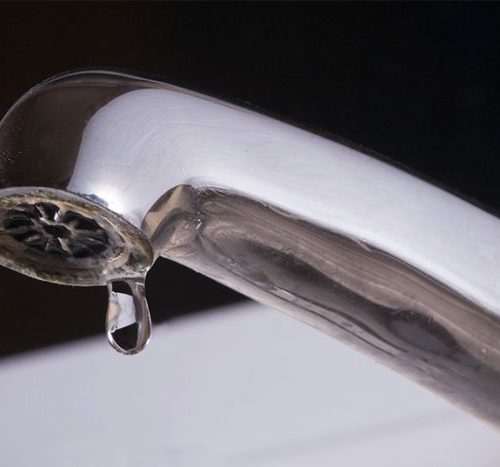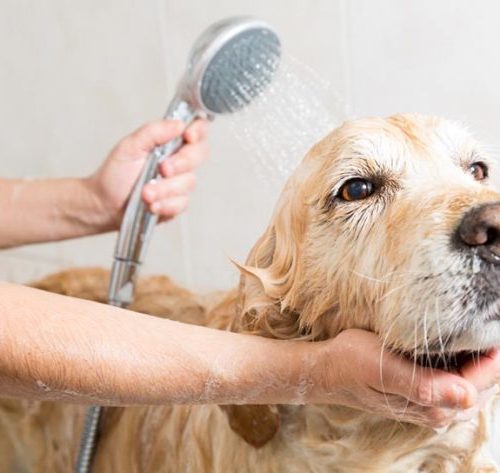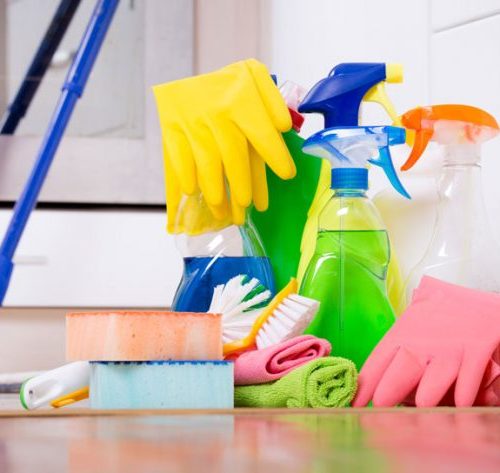Have you ever wondered what happens to stuff that goes down the plughole?
Whether it is going down the sink, shower or bath plughole, or being flushed down the toilet, all waste water goes down the drain and into a pipe, which takes it to a larger sewer pipe.
That’s why it is important to try and avoid a blocked sink or blocked shower drain, or to not flush unwanted items down the loo, as ultimately it will all collect further down the line, potentially causing a major problem.
How it works…
The first stage of cleaning the wastewater once it reaches a treatment work is to remove large objects such as nappies, face wipes, sanitary items and cotton buds – things that never should be there is the first place. Grit that has washed into the sewer is also removed at this stage.
The wastewater then moves onto a primary treatment which involves holding it in a basin to allow a sedimentation process which separate the heavy solids that settle at the bottom and the oil, grease and lighter solids that float to the surface. The floating materials are removed and the remaining liquid is discharged for a secondary treatment.
A secondary treatment typically involves air being pumped into the wastewater, which stimulates a biological process that breaks down the organic matter. A final treatment allows the sludge that has collected to sink to the bottom and the clean water to return to the river and waterways. The sludge is used for fertiliser or to generate energy.
It’s a smart system that continues to serve us despite many people’s habits. According to Thames Water, over 55,000 sewer blockages each year are caused by people putting the wrong things down the drain. As a result, 7,000 homes and gardens are flooded.
Of course, we can do our bit by keeping our pipes unblocked…
A blocked sink usually occurs because food collects in the trap, while a blocked shower drain is typically due to a build-up of hair and soap. By using a treatment, such as those found in the Buster range, householders are able to break down these build-ups – ensuring their home is odour-free and working well but also breaking down items that might cause a problem when they hit the sewers.






